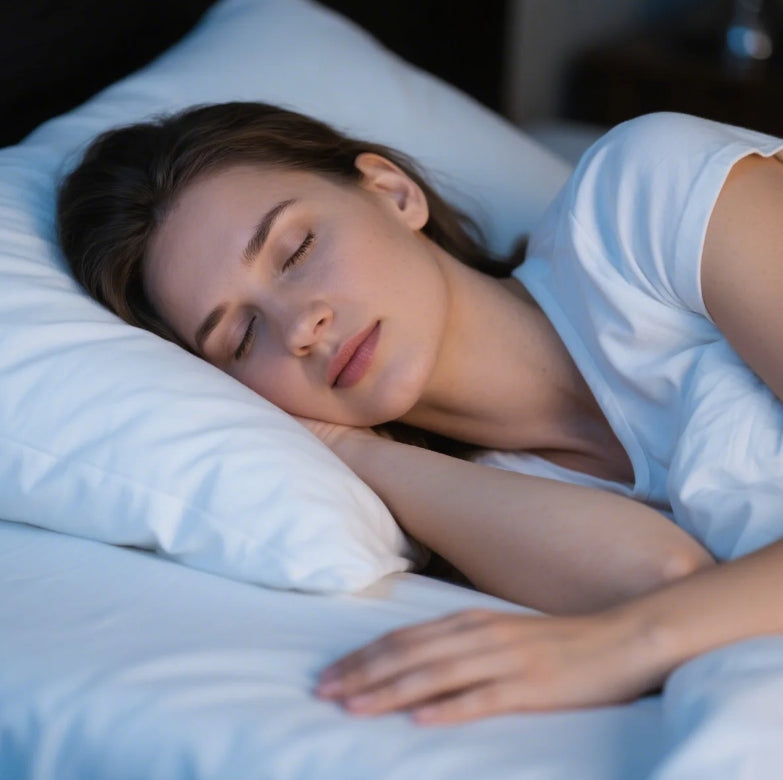The Restorative Effects of Tai Chi and Qigong on Sleep Apnea
TaichiGeoma
Sleep apnea is a prevalent sleep disorder characterized by repeated interruptions in breathing during sleep. While conventional strategies like CPAP machine use and lifestyle changes are commonly recommended by way of sleep apnea treatment, alternative therapies like tai chi and qigong are gaining attention for their potential benefits.
Tai Chi Leads to Better General Sleep Health
Tai chi and qigong are mind-body practices that combine physical postures, breathing techniques, and focused intention. Together, they create an effective form of exercise often called “moving meditation.” Physical activity and mindfulness not only improve physical well-being, but also promote mental relaxation and improve overall sleep quality. This is beneficial for everyone, but particularly for people with various sleep disorders, including sleep apnea.
The Science Behind Tai Chi and Qigong for Sleep Apnea Relief
A randomized controlled study investigated the effects of tai chi and qigong on obstructive sleep apnea (OSA). The study found that the intervention group, which practiced tai chi and qigong under physiotherapist supervision, showed a statistically significant decrease in the apnea-hypopnea index (AHI) and improved sleep quality. Another study concluded that tai chi and qigong training may reduce oxygen deprivation during sleep, improving sleep quality and efficiency. This can also improve daytime alertness in people with obstructive sleep apnea.
Here are a few more things to know about sleep quality and efficiency, as well as pulmonary function and how tai chi improves these for people who have sleep apnea.
Enhanced Sleep Efficiency and Quality
Sleep efficiency refers to the percentage of time we spend in bed actually sleeping, while sleep quality refers to how restorative our sleep is. Poor sleep efficiency and quality are often associated with sleep apnea. Two key strategies that medical providers often recommend to combat this are exercise and stress reduction. Both of these can make it easier to fall asleep faster and remain asleep throughout the night, improving sleep efficiency and quality.
Because tai chi and qigong combine physical activity with targeted stress relief, they are a great time-saving choice for sleep apnea sufferers with busy schedules.
Improved Pulmonary Function
One of the key factors contributing to sleep apnea is poor pulmonary (lung) function. The controlled breathing exercises in tai chi and qigong can help in strengthening the respiratory muscles, which has been shown to improve pulmonary function. This contributes to better sleep for sleep apnea patients and may also help to reduce the severity of sleep apnea.
